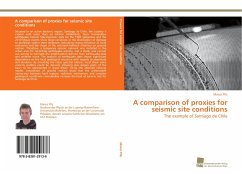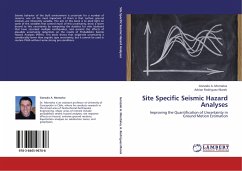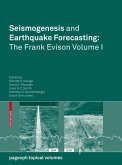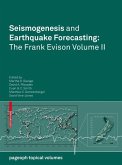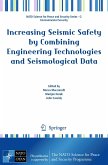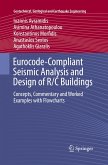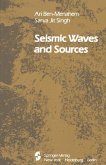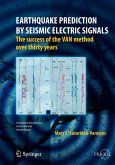Situated in an active tectonic region, Santiago de Chile, the country´s capital with more than six million inhabitants, faces tremendous earthquake hazard. Macroseismic data for the 1985 Valparaiso and the 2010 Maule events show large variations in the distribution of damage to buildings within short distances indicating strong influence of local sediments and the shape of the sediment-bedrock interface on ground motion. Therefore, a temporary seismic network was installed in the urban area for recording earthquake activity, and a study was carried out aiming to estimate site amplification derived from earthquake data and ambient noise. The analysis of earthquake data shows significant dependence on the local geological structure with regards to amplitude and duration. By inverting the noise spectral rations, local shear wave velocity profiles could be derived, allowing also deeper parts of the basin to be represented in great detail. Using the attained velocity model, simulations of ground motion show that the unfavorable interaction between fault rupture, radiation mechanism, and complex geological conditions considerably increase the level of seismic risk for Santiago de Chile.

